Speaking of FFT, before it was acquired by the world's top industrial investment group Fosun International, the company was not a practitioner in the automotive industry. Many people may know little about it and vaguely impressed it as a veteran digital and automation company founded in 1974. The company is also one of the world's largest industry 4.0 overall solution providers. Still, FFT is well-known in the German automotive industry and even the entire European industry.
With a few words of description, you know that this is a company at the top of the industrial chain.
Its digital twins, to a large extent, can compete with Siemens in the technical field;
With revenue of nearly 800 million euros in 2018, the company has ranked first in the industry in terms of profitability and growth rate for many years.
The company provides complete vehicle production line turnkey projects, customized engineering design, and flexible intelligent automation technology support for international first-line automobile manufacturers such as Volkswagen, Daimler, and BMW. It is the strategic partner and core of the three major German automobile groups. Supplier; Provide final assembly solutions and partial final assembly integration for Airbus, Boeing, and COMAC C919. The business has expanded to general industries such as new energy batteries and home appliance industries.
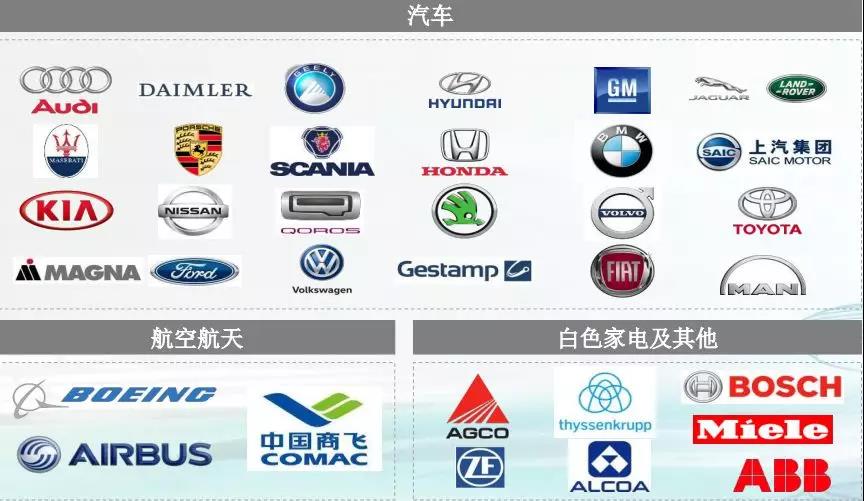
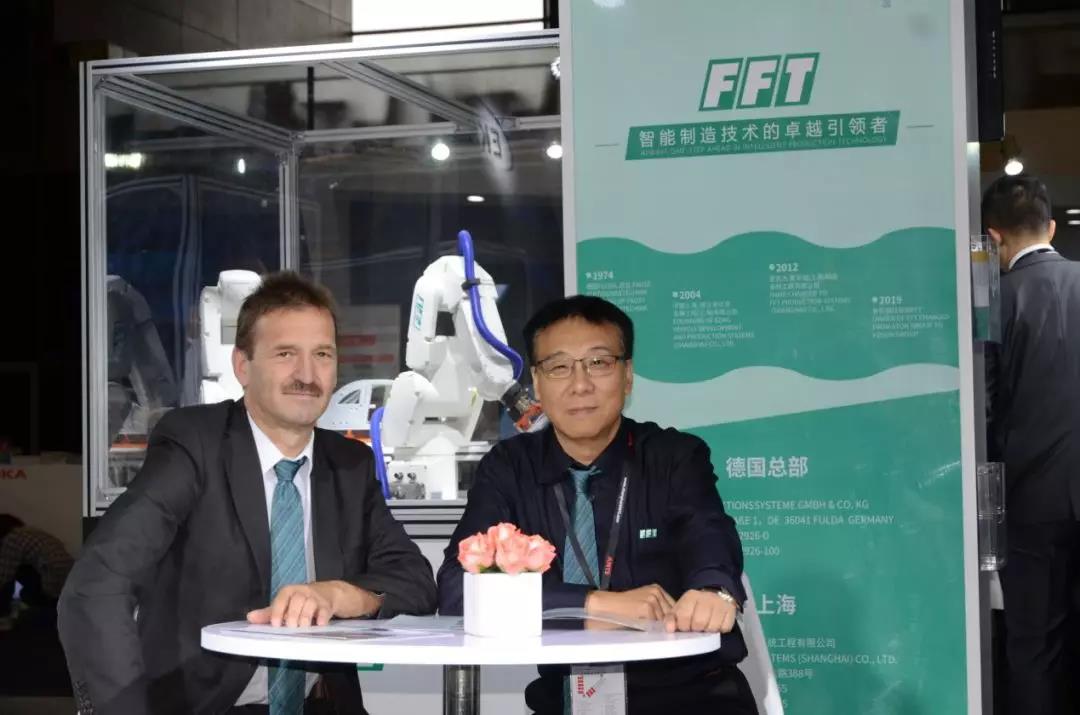
Is the Industry Really Under Recession?
At present, the automotive industry around the world is in a recession. As a very experienced automotive industry integrator, FFT has begun to focus on the Asia-Pacific region during this period. At the same time, it has invested a lot of resources to expand its business in China. What kind of strategic thinking? When we asked this question, Mr. Manfred Hahl gave me a shocked look, and I realized that this might not be a problem for FFT. As a very experienced integrator in the automotive industry, its sense of smell is far more acute than many domestic manufacturers in grasping the automotive industry trend.
He explained that both the global and Chinese auto industry, although it seems that the overall performance is going downhill due to the recession, the automakers had undoubtedly anticipated it a long time ago, so they have launched more competitive and novel attractive models, especially In the electric vehicle sector, there is no doubt that many car manufacturers are currently doing it in both the European and global markets. In response to this, FFT has already conducted investigations and layouts for the subsequent customer needs that may present more flexible and intelligent production processes.
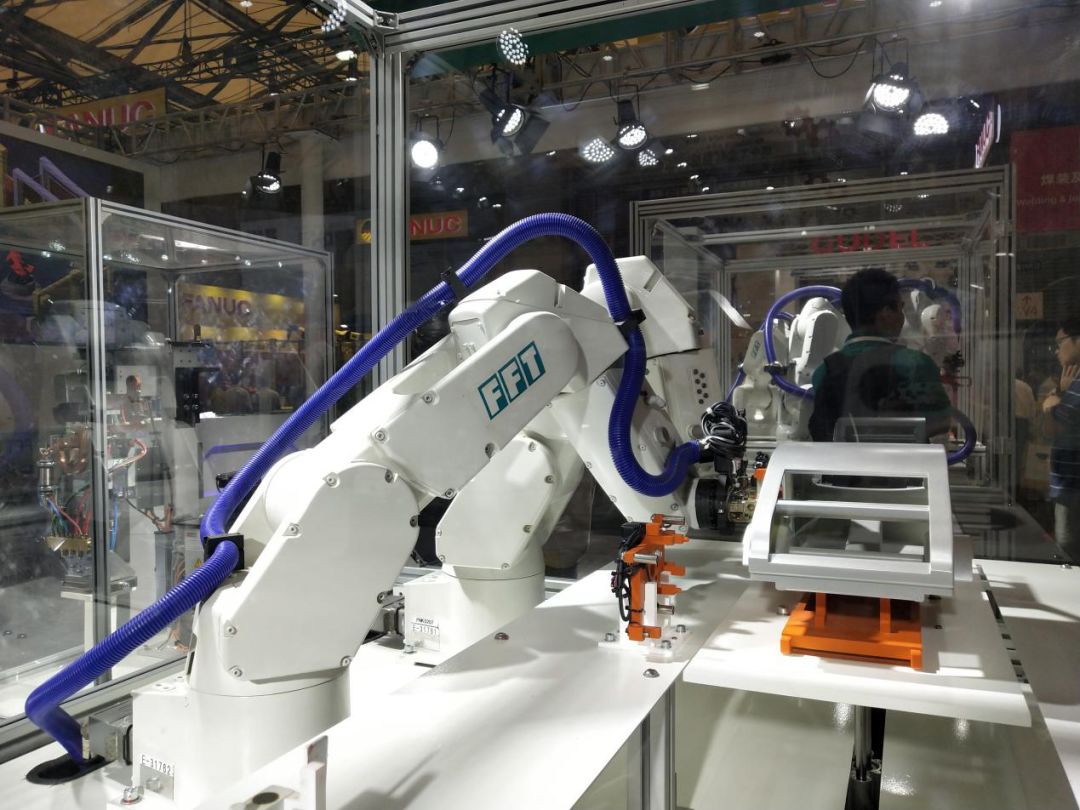
At the same time, Manfred Hahl believes that by looking at the Chinese market. However, the demand seems to be declining at present. Under the stimulus of demand and policy support, the overall problem of the decline is not significant. At the same time, if the target is placed on the larger integrated Asian market, demand may pick up. FFT is currently set to land in the Chinese market because it is ahead of other companies and has a considerable advantage in the body-in-white business. Later, as the market's understanding deepens, FFT will also follow up in the general industry, painting, final assembly, batteries, and other sectors, which give play to its technical advantages.
Areporter from the Chinese Robot Network asked, where is the current targetmarket for FFT? What are the expectations for the Chinese market? In terms ofthe general steps for the advancement, Mr. Manfred Hahl, CEO of FFT Group, saidthat although most of FFT's market customers are currently in Europe, themarket share in China and Asia is not high. Still, FFT will continue tomaintain a large amount of investment in the Chinese market to match the marketperformance in Europe quickly. Mr. CEO revealed to us that FFT wants to doubleits sales in Asia within three years. He also mentioned that there was adefinition in the strategy seminar. Although the highest potential cannot bedefined, it is a permanent goal for the Asian market.
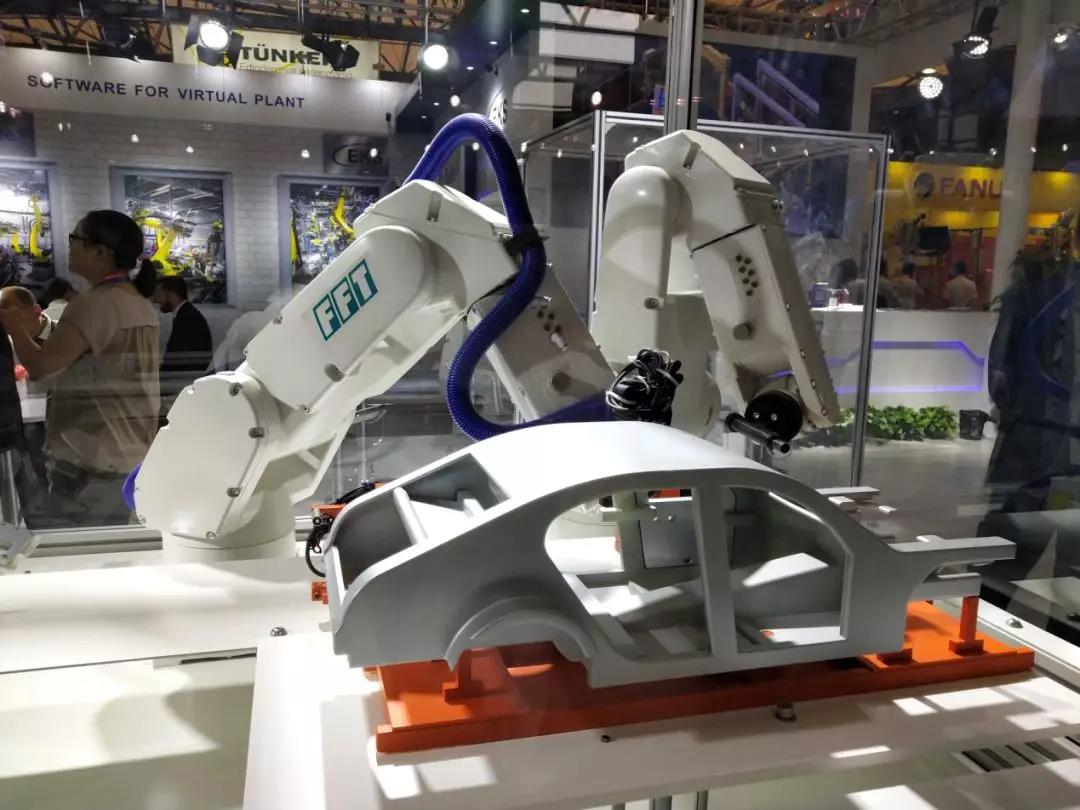
After-sales, Will it be Unacceptable?
We mentioned that when many foreign companies come to China, they can face after-sales problems. In terms of customer pre-sales and after-sales services, what is the current FFT system support? Manfred Hahl said, "FFT has its branch in China and has after-sales teams in Shenyang and Beijing that can provide outstanding services. It is convenient to provide customer services and supporting guidance in these places and their radiation areas, even if customers have needs, if they are not FFT customers, FFT is still willing to provide solutions and provide related services."
Mr. Hahl gave an example that FFT has also provided services according to Airbus's after-sales needs. Although it had nothing to do with the contract, FFT still provided services for it. So, he believes that in the future, whether it is the general industry or the automotive industry, the after-sales team of FFT can do it well.
How to View the Competition?
We talked about the competition. It just so happens that the KUKA booth at this exhibition is not far from FFT. As a company that is also very experienced in automotive automation integration, our reporter pointedly pointed out that for KUKA, as a competitive FFT, how do you view the relationship between the two? He explained that KUKA is a partner, an FFT supplier, a competitor, and a partner. At the same time, KUKA also cooperates with FFT in some key technologies.
Siemensalso participated in this AMTS exhibition. In terms of digital twins, thetheory and implementation of this part of Siemens are excellent. In thisregard, FFT is also an outstanding practitioner of German Industry 4.0. Whatare the similarities and differences? When a reporter from China RoboticsNetwork asked this question, Mr. Manfred Hahl said FFT and Siemens'stechnologies are actually different. Simultaneously, when the digital twins areimplemented, mature overall considerations are required and close to customers'needs, considering each production line. Link. The related software of KUKAuses FFT's digital twin technology.
At the same time, at the exhibition site, we also saw several sections of the FFT attached vision system. Mr. Manfred Hahl explained that the 3D vision system had been built with FFT for ten years. Still, its vision system is concerned with the surface, and more attention is paid to the corners of the material, which is the technical difficulty. FFT solved this difficulty quite well.
At the same time, he also mentioned that in the market landing, China and even the Asian market is enormous, although the competition is also very fierce. However, price is also a crucial factor. FFT will focus on high technology and intelligence to participate in the contest. Committed to improving efficiency, reducing costs internally, and enhancing competitiveness, instead of minimizing prices, FFT will put the best technology and know-how in Europe into practice to strengthen its advantages in technology and price participation in the competition
Data and Privacy
We mentioned that in the data and privacy sector after landing in China, does FFT have relevant considerations? Manfred Hahl believes that FFT itself also employs its team in China. As a foreign company, in implementing Industry 4.0 technology, FFT will abide by laws including related privacy, and data will be kept confidential at the head office.
But he also believes that he hopes that the Chinese government will provide more technical support and raise the barriers to entry into science and technology. FFT will also be more open and send more technical support for this. FFT believes that the Chinese market will continue to grow. Under the pattern, useful technologies will gradually come to China during the opening and landing of enterprises, including China 4.0, and Chinese manufacturing can benefit from this.
We mentioned that in one sentence, how to introduce FFT to the domestic market?
After thinking about it for a moment, Mr. Manfred Hahl introduced that FFT is an integrator, a strong supporter of digitization, including intelligent manufacturing, digitization, all corresponding automation, and high know-how are the goals pursued by FFT. Concise and precise positioning is undoubtedly the fastest way for an enterprise to achieve effective implementation results.
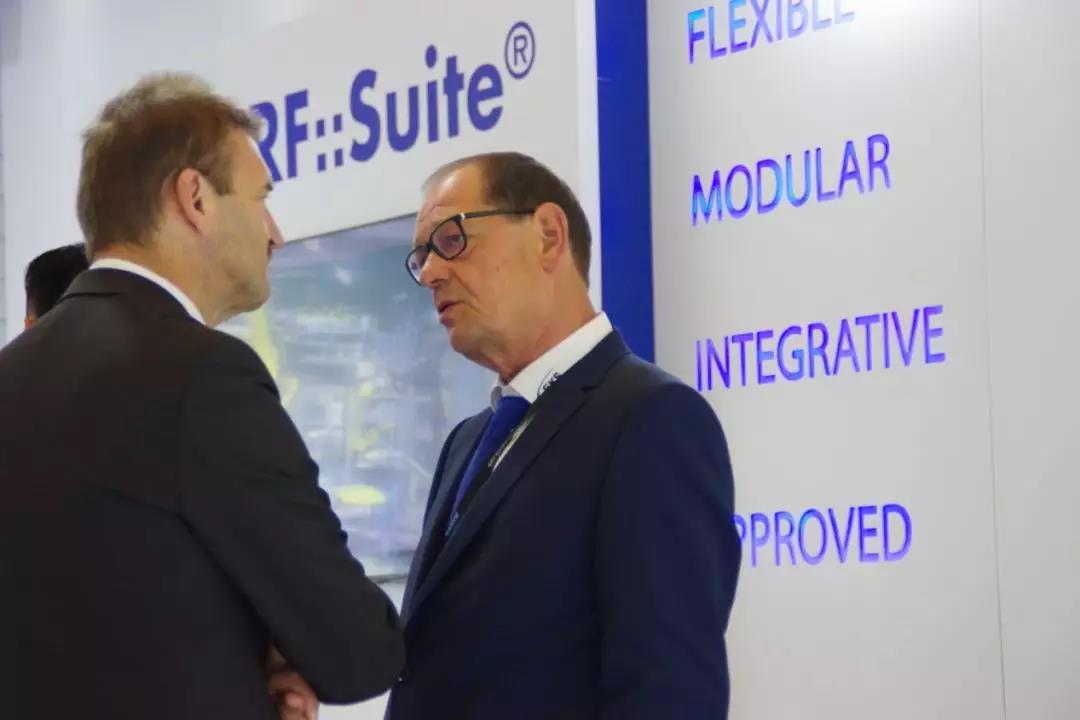
Atthe end of the interview, the person in charge of FFT also mentioned that tobetter develop the Asia-Pacific market, the hardware and software will befurther differentiated to provide more professional services. I believe thatunder the distinction between hardware and software services, FFT technologywill be better performed in China.

